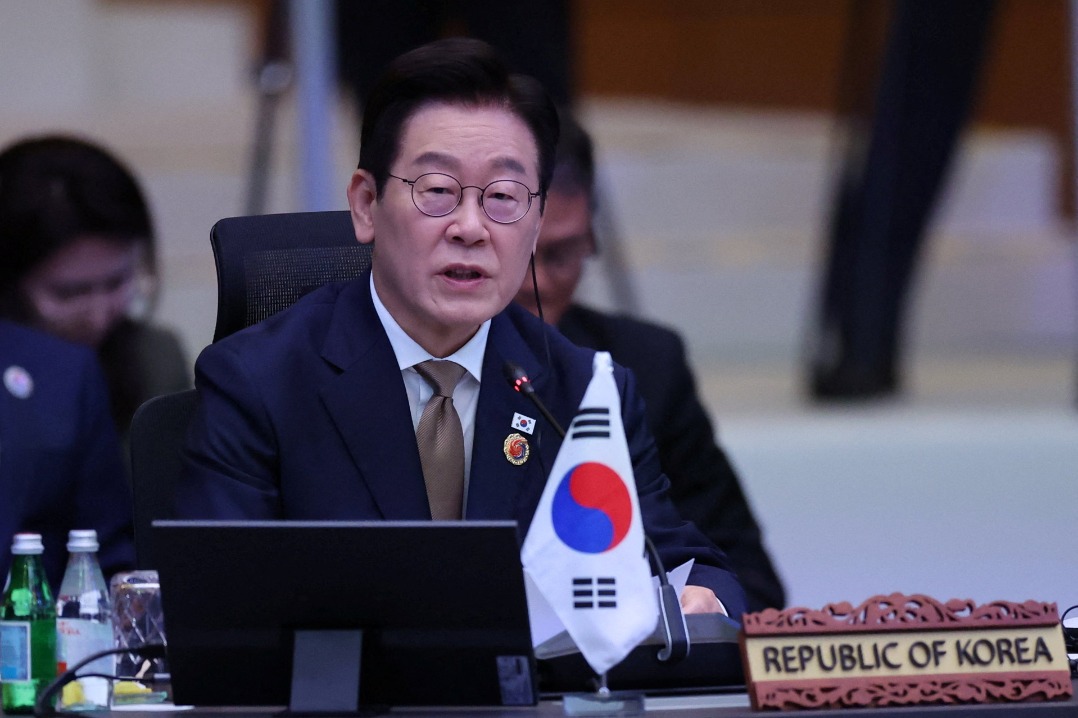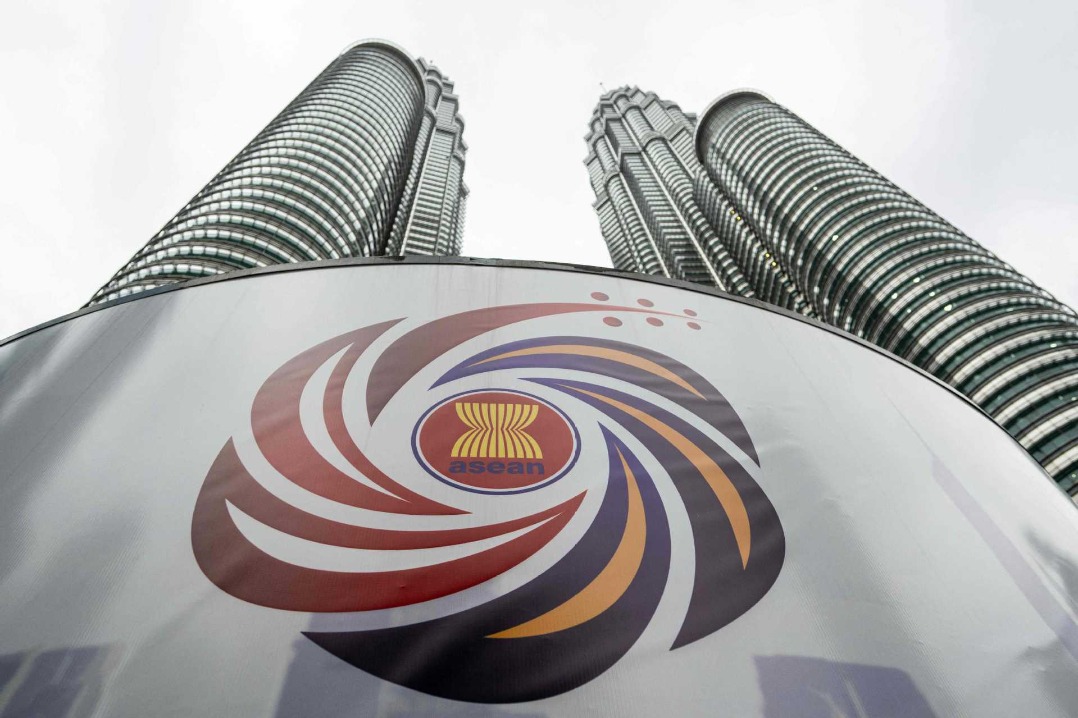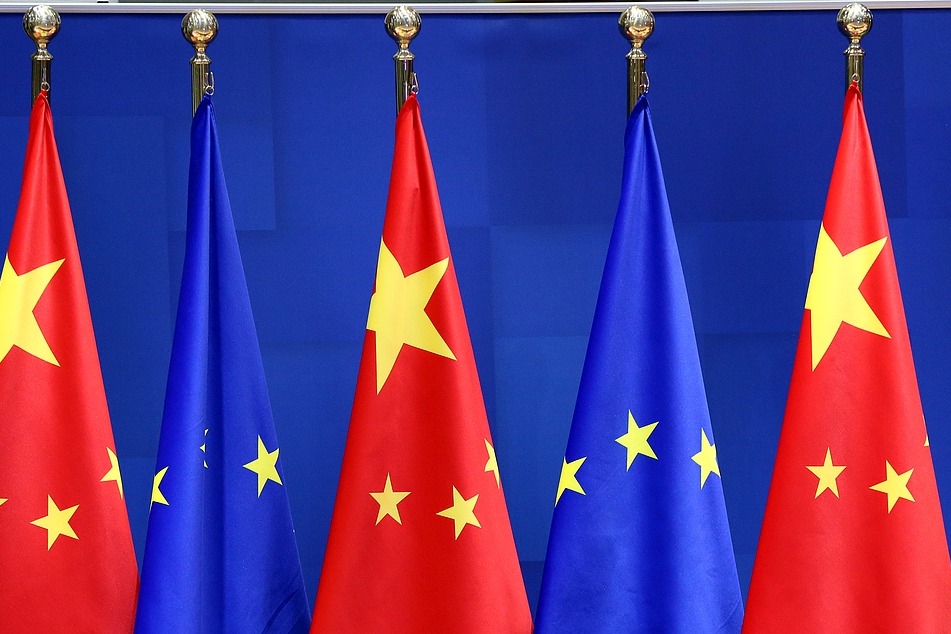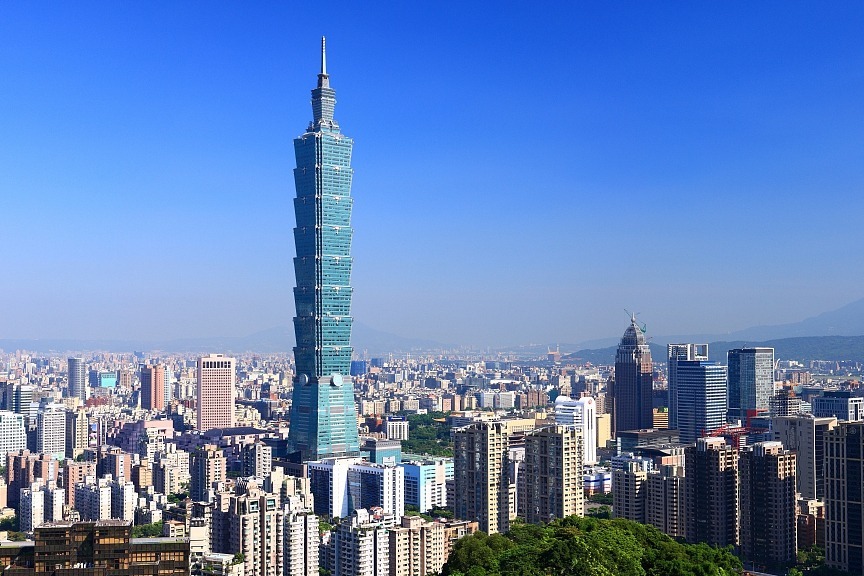Netherlands urged to settle Nexperia row
Wrongful interference may affect economic, trade relations between China, EU, experts say

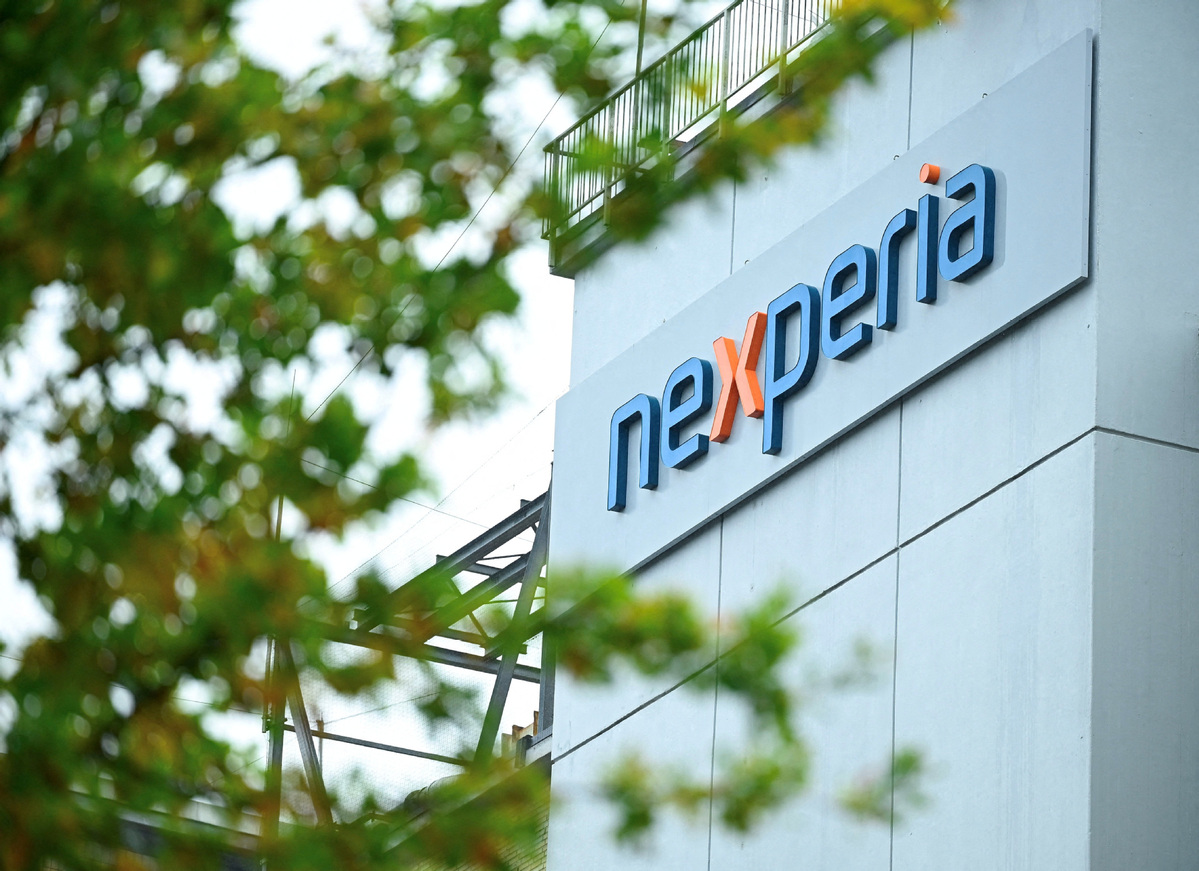
The Dutch government's move to distort facts and continue with its unilateral actions is counterproductive to efforts at resolving issues related to Nexperia, said market observers, warning that such actions against the Chinese-owned semiconductor company based in the Netherlands would only heighten tensions between the two countries.
In a weekly review published on Saturday, the China Chamber of Commerce to the European Union said the Dutch government should immediately stop its "wrongful interference" and restore normalcy to supply chains.
If the Netherlands makes substantive efforts, pressure on the global supply chain can be eased, said the Brussels-based chamber, which represents more than 100 members in EU nations, covering over 1,000 Chinese companies, including the Bank of China Luxembourg and China Three Gorges Europe.
The chamber said that continued delays will not only deepen confrontation between China and the Netherlands, but may also inflict lasting damage on Dutch credibility in the Chinese market. The Dutch government should think twice before making any further move, it added.
During a recent interview with a foreign media outlet, Dutch Minister of Economic Affairs Vincent Karremans said he had no regrets over the Netherlands' decision to seize control of Nexperia, adding that it served as a "sobering lesson for world leaders over their dependency on China".
A spokesperson for the Chinese Ministry of Commerce said on Friday that China is extremely disappointed and strongly dissatisfied with the statement made by Karremans, because it is "baseless and misleading".
China stands ready to work with the Netherlands to resolve the current situation as soon as possible in the interest of maintaining the security and stability of global industrial and supply chains, the spokesperson said, adding that China has agreed to the Netherlands sending officials to China for talks on the matter.
Wang Yong, a professor of international relations at Peking University, said that if the Nexperia case is not handled properly, it could affect normal economic and trade relations between China and the EU. The Dutch government's actions put geopolitical considerations before commerce and violate basic multilateral trade principles, he said.
Emphasizing that such actions violate the fundamental principles of international law, Ren Hongda, an assistant researcher at the Institute of International Law of the Chinese Academy of Social Sciences in Beijing, said that global investors should reassess the business environment in the Netherlands and the country's so-called commitment to contractual integrity.
On Sept 30, the Dutch government announced that it would take control of Nexperia for one year, and prohibited the company and its subsidiaries from adjusting assets, intellectual property, business operations and workforce.
The dispute has fueled concerns about supply chain disruptions across the global auto industry. Germany's Volkswagen warned in late October that the disruptions could affect production of many of its models, which rely on semiconductors to power systems like blinkers, windshield wipers and warning lights.
In a responsible move to safeguard the stability and security of the global semiconductor supply chain, China announced on Nov 1 that it will grant export exemptions for eligible orders and support the resumption of chip supply from Nexperia's China operations.
Despite geopolitical uncertainties and rising unilateralism, many Netherlands-based companies, including ASML, Signify, Royal Philips and Louis Dreyfus Co, continue to view China as a key growth market, and they actively participated in this year's China International Import Expo, held in Shanghai from Nov 5 to 10.
















